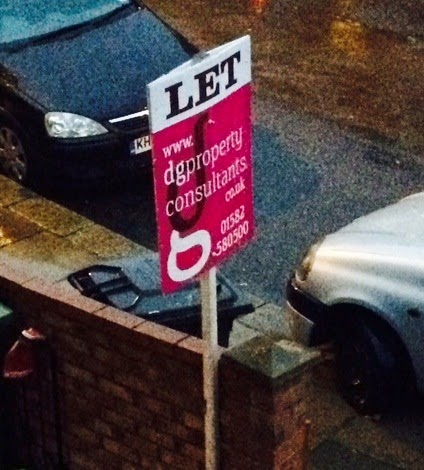There’s story that has haunted me ever since I first heard it.
Goro Shimura is in his eighties and an emeritus professor from Princeton, where he held a mathematics chair for many years of a distinguished career. But back in the 1950s he was a young mathematician in Japan, at a time when that wasn’t an easy country in which to forge an international career: a pariah just ten years after the Second World War, Japan was also still reconstructing and had little to spare for abstract studies such as pure mathematics.
 |
| Goro Shimura Still working in 2010 |
In 1955, another young Japanese, Yutaka Taniyama, announced a new conjecture, which is basically a good idea that hasn’t been proved. He had actually got it slightly wrong, but Shimura teamed up with him and together they put it right the following year, when it became known as the Taniyama-Shimura conjecture.
 |
| Yutaka Taniyama Brilliant, even when wrong |
In 1967, another mathematician, André Weil, revealed a curious aspect of a particular application of the conjecture: if it could be proved, that would also prove Fermat’s last theorem.
Pierre de Fermat was a seventeenth-century French lawyer, but you can’t hold that against him (he could have been a banker, after all). He was also an amateur mathematician at a time when there were no professionals, and his talents in the area would have put many professionals in the shade anyway.
 |
| Pierre de Fermat Amateur mathematician who baffled many a professional |
In 1621, one of the classic Greek mathematical texts, Diophantus’s Arithmetica was published in Latin. As we no doubt all do, when a book appears in Latin, Fermat read it voraciously, covering the pages with notes. He included a number of conjectures which later mathematicians proved, one by one, until only one remained: his last theorem.
Fermat had written about it “I have discovered a truly marvellous proof of this, which this margin is too narrow to contain.”
That was a challenge, of course. An elegant proof, but not enough space to write it down? For three and a half centuries, mathematician after mathematician attempted to reconstruct Fermat’s proof. And failed.
Then came Andrew Wiles. He was fascinated by Fermat’s last theorem, and struck by Weil’s suggestion that proving part of the Taniyama-Shimura conjecture would crack the puzzle. Coincidentally, the area to which Weil had suggested applying the conjecture was Wiles’s specialty (elliptic forms, if you must know, though for my part, knowing that leaves me none the wiser.)
He worked for six years, mostly in secret. Then in 1993, he made the dramatic announcement: he’d proved the relevant bit of the Taniyama-Shimura conjecture – and therefore Fermat’s last theorem.
But that wouldn’t have been anything like dramatic enough. Over the next few months, it began to emerge that Wiles’s proof was flawed. It wouldn’t stand up. In despair, he went back to his reasoning, working with a friend. They struggled for months, without success.
 |
| Andrew Wiles Announcing his proof of Fermat's last theorem. A little too soon... |
Of course, what he’d really proved was the Taniyama-Shimura conjecture.
Shimura’s comment? “I told you so”. Nearly forty years on.
And now we get to the bit that makes the story really haunting. Taniyama had no comment, because he’d been dead, by his own hand, since November 1958.
He left a strange suicide note:
Until yesterday I had no definite intention of killing myself. But more than a few must have noticed that lately I have been tired both physically and mentally. As to the cause of my suicide, I don't quite understand it myself, but it is not the result of a particular incident, nor of a specific matter. Merely may I say, I am in the frame of mind that I lost confidence in my future. There may be someone to whom my suicide will be troubling or a blow to a certain degree. I sincerely hope that this incident will cast no dark shadow over the future of that person. At any rate, I cannot deny that this is a kind of betrayal, but please excuse it as my last act in my own way, as I have been doing my own way all my life.
A month later, his fiancée also committed suicide. Her note said:
We promised each other that no matter where we went, we would never be separated. Now that he is gone, I must go too in order to join him.
Now that, along with the brilliance of the public person, the mathematician, is what fascinates me in Taniyama’s story.
Though I’m also drawn by Shimura’s tribute to him – a strange, almost backhanded compliment, and yet oddly enviable:
He was not a very careful person as a mathematician. He made a lot of mistakes. But he made mistakes in a good direction. I tried to imitate him. But I've realised that it's very difficult to make good mistakes.




















